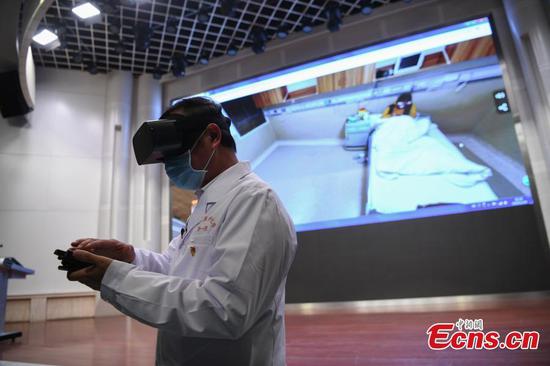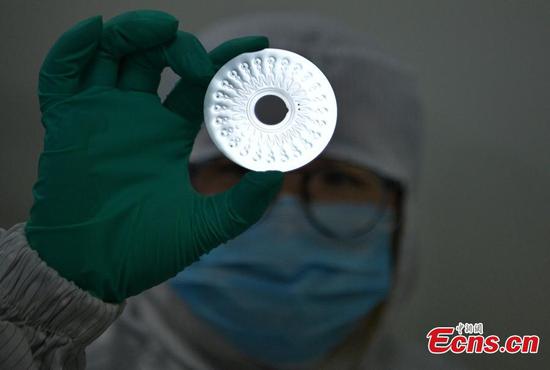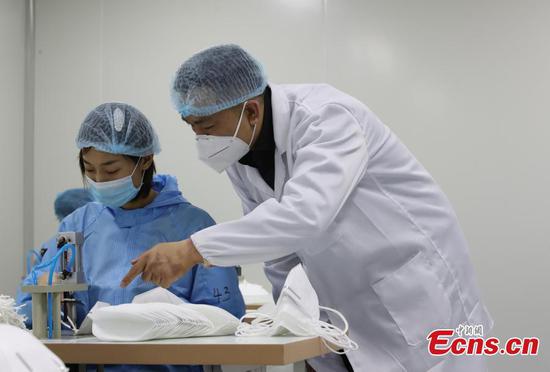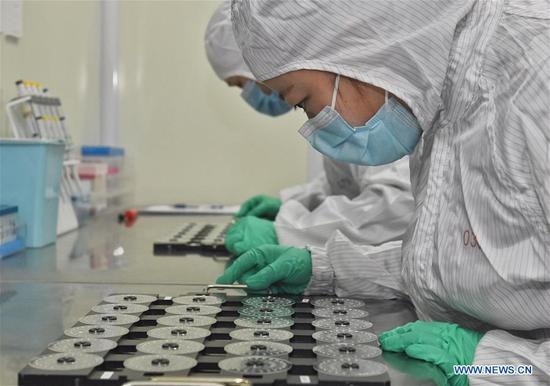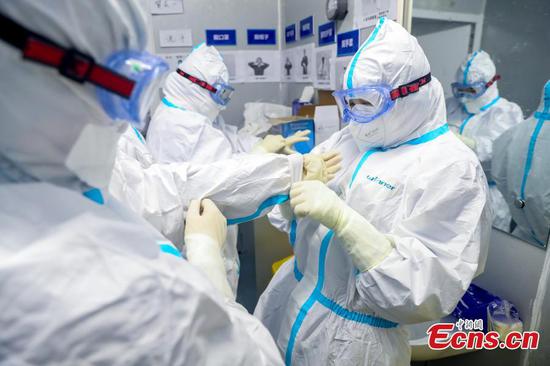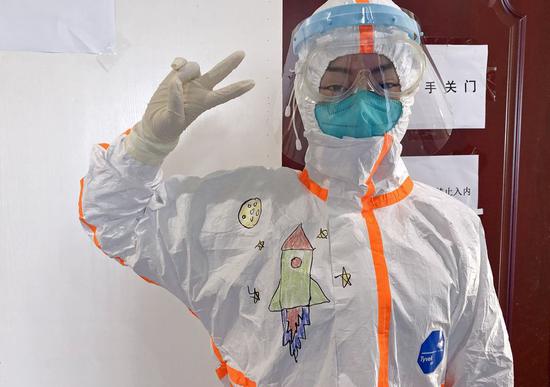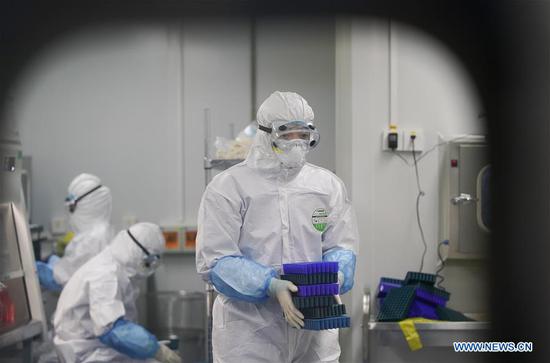WASHINGTON, Feb. 25 (Xinhua) -- Playing Pingpong may benefit people with Parkinson's disease, according to preliminary findings released on Tuesday.
The researchers from Fukuoka University found that people with Parkinson's who participated in a table tennis exercise program once a week for six months showed improvement in their Parkinson's symptoms.
Pingpong is a form of aerobic exercise that has been shown in the general population to improve hand-eye coordination, sharpen reflexes, and stimulate the brain.
The study, to be presented at the American Academy of Neurology's annual meeting in Toronto in April to May, involved 12 people with an average age of 73 with mild to moderate Parkinson's disease. The people had been diagnosed with Parkinson's for an average of seven years.
During each weekly five-hour session, the participants performed stretching exercises followed by table tennis exercises with instruction from an experienced table tennis player. Parkinson's symptoms were evaluated again after three months and at the end of the study.
The researchers found that at both three months and six months, participants experienced significant improvements in speech, handwriting, getting dressed, getting out of bed and walking.
For example, it took participants an average of more than two attempts to get out of bed at the beginning of the study compared to an average of one attempt at the end of the study.
Also, they experienced significant improvements in facial expression, posture, rigidity, slowness of movement and hand tremors. For example, the average score for all participants in a zero-to-four scale system representing neck muscle rigidity decreased from level three (moderate rigidity) at the start to level two (mild rigidity) at the end.
"While this study is small, the results are encouraging because they show pingpong, a relatively inexpensive form of therapy, may improve some symptoms of Parkinson's disease," said the study author Ken-ichi Inoue with Fukuoka University.
A much larger study is now being planned to confirm these findings, according to Inoue.









